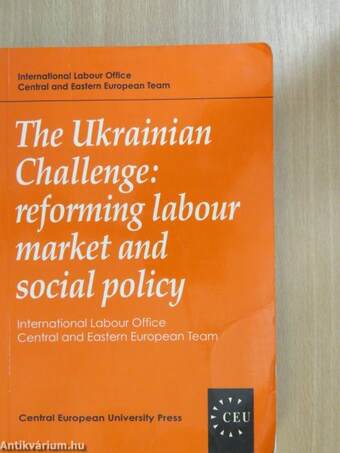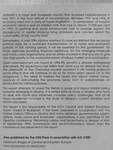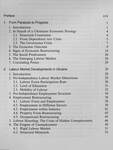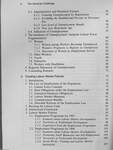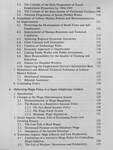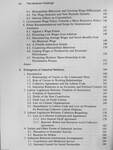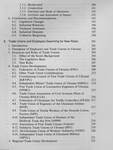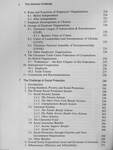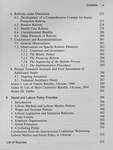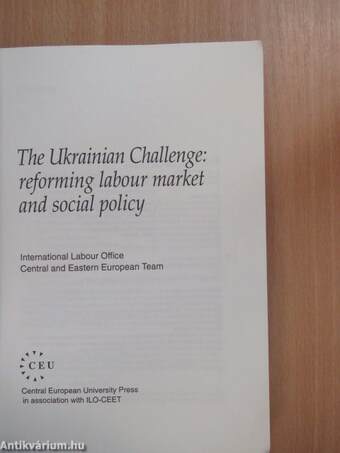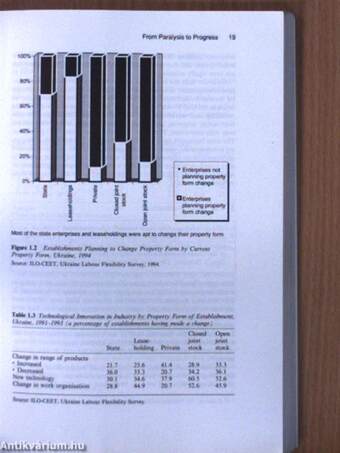1.066.445
kiadvánnyal nyújtjuk Magyarország legnagyobb antikvár könyv-kínálatát

VISSZA
A TETEJÉRE
JAVASLATOKÉszre-
vételek
The Ukrainian Challenge: reforming labour market and social policy
International Labour Office/Central and Eastern European Team
| Kiadó: | Central European University Press-ILO-CEET |
|---|---|
| Kiadás helye: | Budapest |
| Kiadás éve: | |
| Kötés típusa: | Fűzött papírkötés |
| Oldalszám: | 318 oldal |
| Sorozatcím: | |
| Kötetszám: | |
| Nyelv: | Angol |
| Méret: | 23 cm x 16 cm |
| ISBN: | 1-85866-045-9 |
| Megjegyzés: | Fekete-fehér ábrákkal. |
naponta értesítjük a beérkező friss
kiadványokról
naponta értesítjük a beérkező friss
kiadványokról
Fülszöveg
UKRAINE is a major east European country that acquired independence in
late 1991, in the most difficult of circumstances. Between 1991 and 1994, its
economy went into a state of hyper-stagflation - a combination of massive
economic decline and an inflation rate that rose to above 10,000 per cent
in 1993. Its political and social infrastructure had to emerge against the
background of rapidly shrinking living standards and concern about the
sustainability of the country itself.
Remarkably, in mid-1994 Ukraine seemed to have established the necessary
political basis for a sustained transformation of its social and economic
policies. In the coming period, it will be essential for the government, for
those agencies providing financial assistance, for the emerging employer
and trade union organisations and for others involved in that process to give
very high priority to the substantial reform of labour market and social policy.
Open unemployment will mount in 1994-95,... Tovább
Fülszöveg
UKRAINE is a major east European country that acquired independence in
late 1991, in the most difficult of circumstances. Between 1991 and 1994, its
economy went into a state of hyper-stagflation - a combination of massive
economic decline and an inflation rate that rose to above 10,000 per cent
in 1993. Its political and social infrastructure had to emerge against the
background of rapidly shrinking living standards and concern about the
sustainability of the country itself.
Remarkably, in mid-1994 Ukraine seemed to have established the necessary
political basis for a sustained transformation of its social and economic
policies. In the coming period, it will be essential for the government, for
those agencies providing financial assistance, for the emerging employer
and trade union organisations and for others involved in that process to give
very high priority to the substantial reform of labour market and social policy.
Open unemployment will mount in 1994-95, poverty is already widespread
and severe, life expectancy has fallen from what was an already low level,
the aftermath of the Chernobyl nuclear accident is still having profound
social effects and will continue to do so for many years; above all, in the
foreground, is the need to address the social and labour market conse-
quences of restructuring the economy away from its overemphasis on
production for military purposes.
This report attempts to assess the trends in social and labour market policy
currently emerging in Ukraine. It is aimed both at those in Ukraine who have
to deal with novel and extremely complex policy challenges, and at all
those academics involved in the study of Ukraine's current transition and
reform processes.
This report is the responsibility of the ILO's Central and Eastern European
Team, based in Budapest. It has been prepared in cooperation with the
United Nations Office in Ukraine and many Ukrainian governmental organi-
sations, trade unions and employers' organisations. It was submitted to the
tripartite conference 'Reforming Labour and Social Policy in Ukraine' in Kiev
in September 1994. Conclusions and recommendations drawn from the
conference are presented in this report.
Also published by the CEU Press in association with ILO-CEET:
Minimum Wages in Central and Eastern Europe:
from protection to destitution Vissza
Témakörök
- Szociológia > Módszertan > Esettanulmányok
- Közgazdaságtan > Gazdaságpolitika
- Közgazdaságtan > Közgazdasági elméletek > Egyéb
- Közgazdaságtan > Egyéb
- Idegennyelv > Idegennyelvű könyvek > Angol > Szociológia > Módszertan > Esettanulmányok
- Idegennyelv > Idegennyelvű könyvek > Angol > Közgazdaságtan > Gazdaságpolitika
- Szociológia > Szociálpolitika > Egyéb
- Idegennyelv > Idegennyelvű könyvek > Angol > Szociológia > Szociálpolitika > Egyéb
- Idegennyelv > Idegennyelvű könyvek > Angol > Közgazdaságtan > Egyéb
- Idegennyelv > Idegennyelvű könyvek > Angol > Közgazdaságtan > Közgazdasági elméletek > Egyéb



